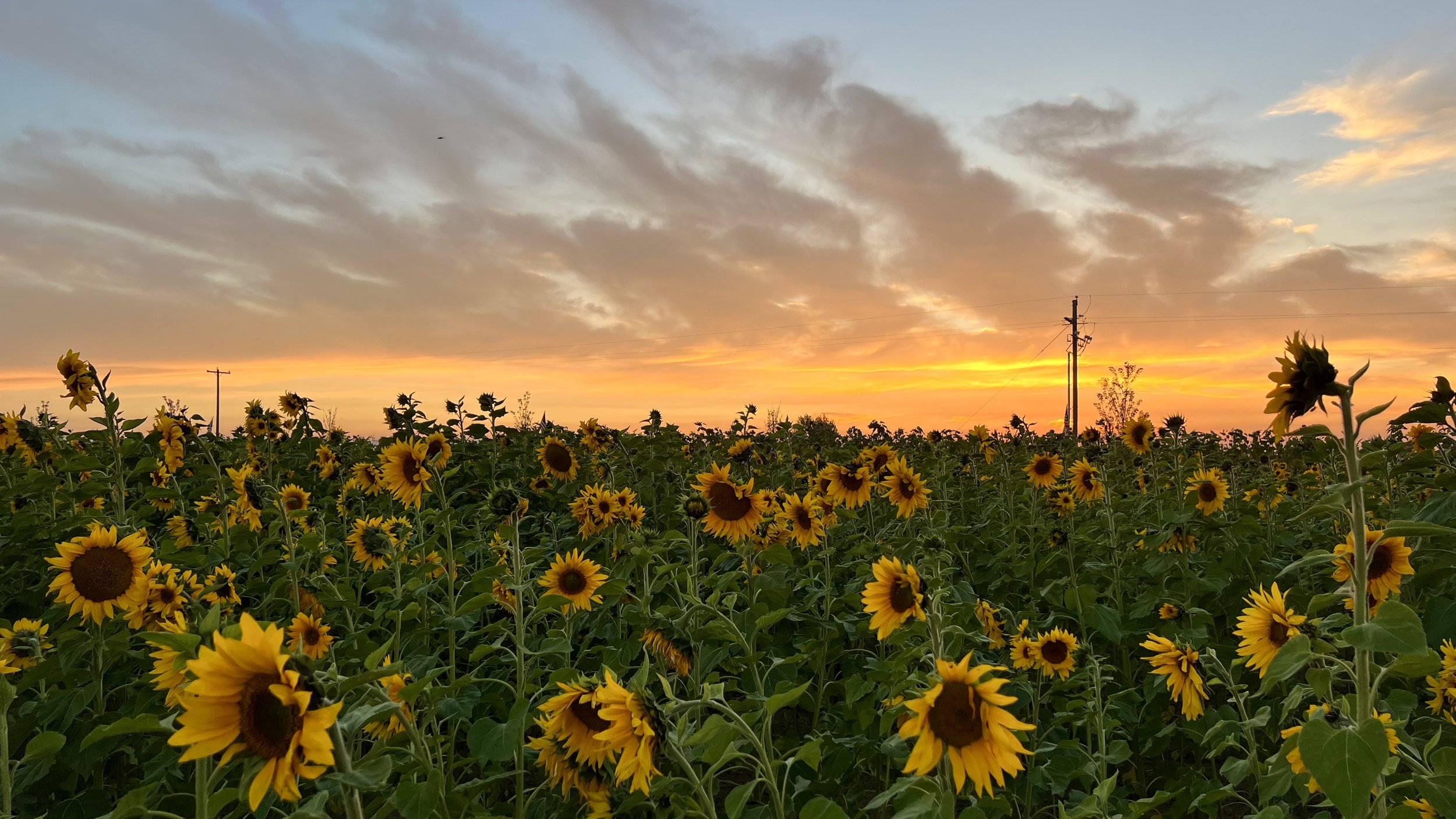
Urban Forest Endangerment
Urban forests are vital components to the health and sustainability of urban environments, offering a range of invaluable benefits. Beyond their aesthetic appeal, practical advantages from forests include improved air quality, reduced energy consumption, reduced traffic noise, and carbon sequestration. Moreover, these green spaces provide havens for biodiversity, provide recreational opportunities, and enhance overall urban health. Facing escalating environmental challenges, recognizing the importance of urban forests becomes paramount for building resilient, sustainable, and livable urban landscapes. As cities expand, the conversion to developed land positions many of our natural and agricultural lands at risk of being lost forever.
Facts and Figures
Currently, 80% of the US population lives in an urban area¹
Urban land is projected to more than double between 2010 and 2060²
Between 2001 and 2020, the United States had a 15% decrease in tree cover, resulting in a loss of approximately 104 million acres of forests³
The US is projected to lose 8.3% of urban tree cover by 2060⁴
Urban trees in the US produce a total of $18.3 billion in value related to air pollution removal ($5.4 billion), reduced building energy use ($5.4 billion), carbon sequestration ($4.8 billion) and avoided pollutant emissions ($2.7 billion)²
The net cooling effect of a young, healthy tree is equivalent to 10 room-size air conditioners operating 20 hours a day³
A belt of trees 98 feet wide and 49 feet tall can reduce highway noise by 6 to 10 decibels³
50 million shade trees planted in strategic, energy-saving locations could eliminate the need for seven 100-megawatt power plants³
Tree cover can reduce land surface temperature by 10–20°C on a summer day⁵

Current Problem
Shortsighted development and property consolidation are massive problems facing communities on the growth path of urbanization. The best solution to reduce the deforestation of critical areas is to focus on the communities most affected by those changes. Most landowners have a deep connection and respect for their land and their community. Despite this, without an income derived from the land, the only financial option for many landowners is to sell their property or destroy the natural assets on the land.
Alternative Approach
However, what if there was an alternative option that would reward landowners for maintaining and improving the natural state? Emerging environmental markets present an opportunity to establish a fresh revenue stream for communities committed to protecting their natural land, while retaining property ownership locally. Three Oaks Carbon is embracing this new opportunity to ensure that landowners can be rewarded for the preservation and stewardship of their land.


